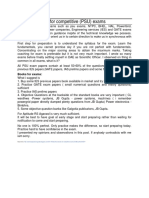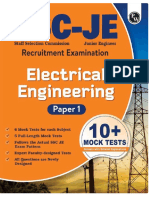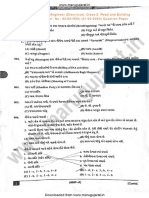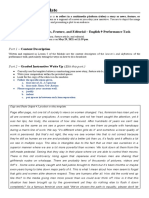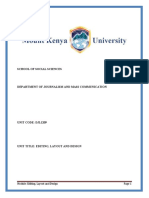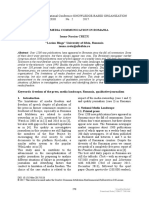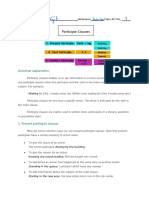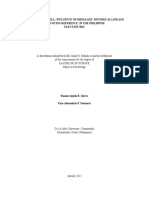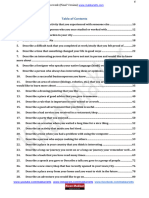0% found this document useful (0 votes)
1K views3 pagesBasic English Grammar Roadmap by Sir Hasnain
The document outlines a comprehensive roadmap for mastering basic English grammar, covering topics such as parts of speech, tenses, nouns, verbs, adjectives, and more. It also provides a structured plan for preparing for CSS exams, emphasizing grammar foundation, vocabulary building, reading, and writing practice. The final note stresses the importance of consistency in achieving mastery in English communication skills.
Uploaded by
nouman khalidCopyright
© © All Rights Reserved
We take content rights seriously. If you suspect this is your content, claim it here.
Available Formats
Download as PDF, TXT or read online on Scribd
0% found this document useful (0 votes)
1K views3 pagesBasic English Grammar Roadmap by Sir Hasnain
The document outlines a comprehensive roadmap for mastering basic English grammar, covering topics such as parts of speech, tenses, nouns, verbs, adjectives, and more. It also provides a structured plan for preparing for CSS exams, emphasizing grammar foundation, vocabulary building, reading, and writing practice. The final note stresses the importance of consistency in achieving mastery in English communication skills.
Uploaded by
nouman khalidCopyright
© © All Rights Reserved
We take content rights seriously. If you suspect this is your content, claim it here.
Available Formats
Download as PDF, TXT or read online on Scribd
/ 3










